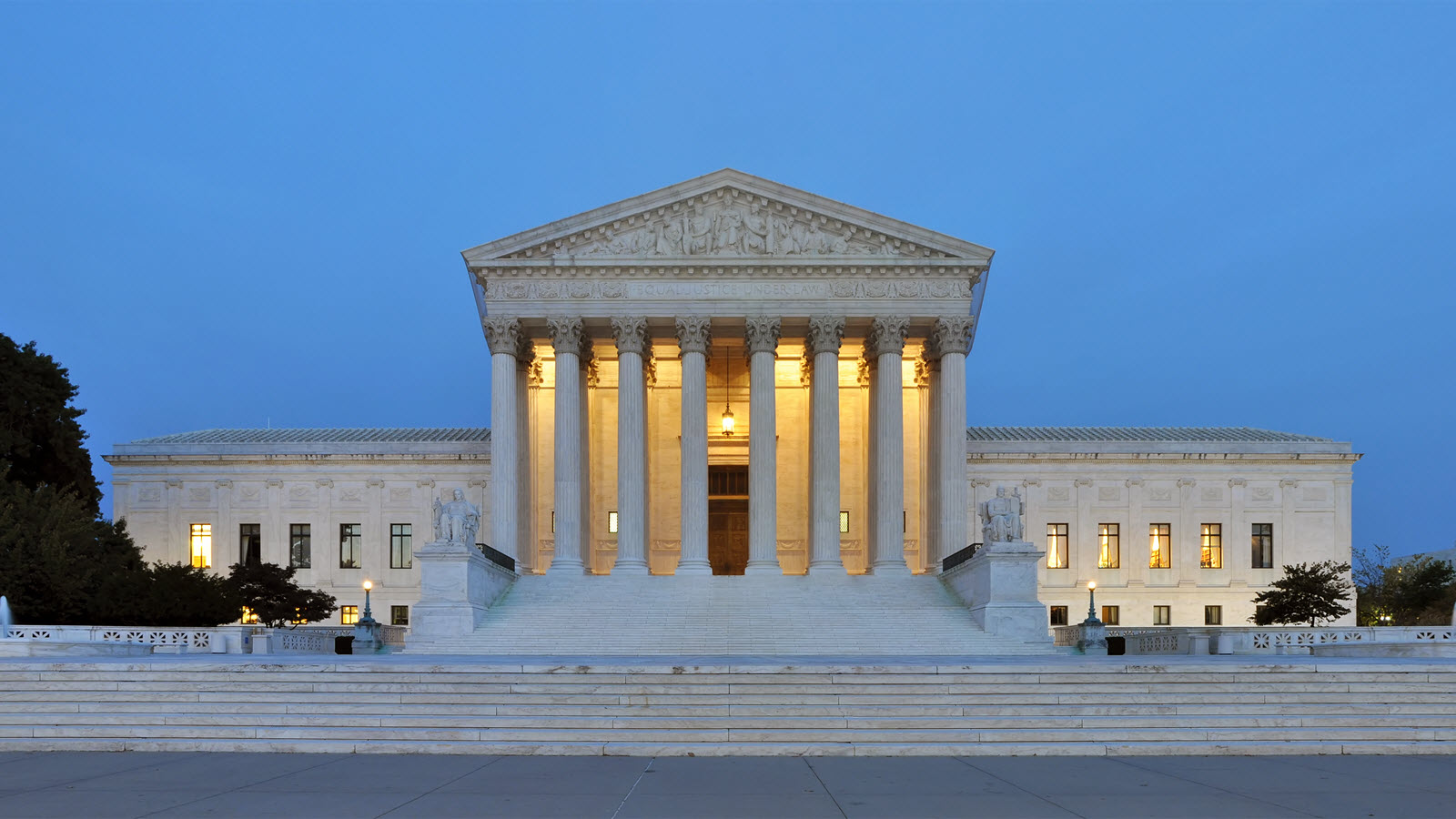Barrett Would Consider Cameras in High Court
Sen. Grassley raises issue at confirmation hearing

The smarter way to stay on top of the multichannel video marketplace. Sign up below.
You are now subscribed
Your newsletter sign-up was successful
Supreme Court nominee Amy Coney Barrett said she will keep an open mind on allowing cameras in the High Court, but she did not elaborate nor weigh in on her experience with video in the Seventh Circuit.
Related: Barrett Likely to Get Cameras in Court Question
That came early on day two of her confirmation hearing in the Senate Judiciary Committee.
She was asked by Sen. Chuck Grassley (R-Iowa), a big fan of cameras in the courts who has introduced and backed legislation to allow for video of oral arguments.
Grassley said that, at age 87, he will probably not live long enough to see those cameras in court, but pointed out he been pushing for that electronic access over the past 15 years. He conceded it was not a very popular subject and pointed to retired Justice David Souter's suggestion it would come over his dead body. Barrett's mentor Justice Scalia was also no fan of cameras in court.
Grassley said he could not disagree more and thought cameras could bring about a better understanding of the judiciary.
Barrett's one-sentence response came after Grassley pointed out that the Seventh Circuit, where she currently serves, allows for requests for video recording of oral arguments and public release of the recording.
"That's correct," she said.
He asked her to opine on whether her court had any problem with those procedures and what her views were on allowing cameras in the courtroom and, if confirmed, whether she would keep an open mind. Barrett chose to respond only to the last part of his question, saying: "I would certainly keep an open mind about allowing cameras in the Supreme Court.
Grassley did not press her for answers to others.
“I applaud Sen. Grassley for asking Judge Barrett whether video-recording Seventh Circuit arguments has caused any issues," said Fix the Court Executive Director Gabe Roth. "The fact is it hasn't, as Barrett knows, since she sat on the first-ever appeal at which cameras were allowed.
“I’m pleased the issue was broached not only by Grassley but also by his fellow judicial broadcast fan, Sen. Leahy, and that Barrett says she’d keep an open mind on cameras if confirmed. That’s a welcome divergence from the view of Barrett's mentor, Justice Scalia, who insultingly thought Americans too daft to understand appellate proceedings.”
Sen. Ben Sasse (R-Neb.) used part of his time 20 minutes of question time during the hearing to push back on cameras in the court. "I differ with former chairman Grassley about cameras would be a good idea in the court," he told Barrett. He said he would not ask for her opinion.
Sasse did himself opine that he was glad there were transcripts and a lot of press to cover the court, but he said he thought cameras would mean not more transparency, but more theatrics. " Think more cameras in the courts is a bad idea," he told her, but said he thought more judges explaining to the public the structure of the constitutional system, in scholarly writings for example, would be "a huge asset."
The smarter way to stay on top of the multichannel video marketplace. Sign up below.
Contributing editor John Eggerton has been an editor and/or writer on media regulation, legislation and policy for over four decades, including covering the FCC, FTC, Congress, the major media trade associations, and the federal courts. In addition to Multichannel News and Broadcasting + Cable, his work has appeared in Radio World, TV Technology, TV Fax, This Week in Consumer Electronics, Variety and the Encyclopedia Britannica.

